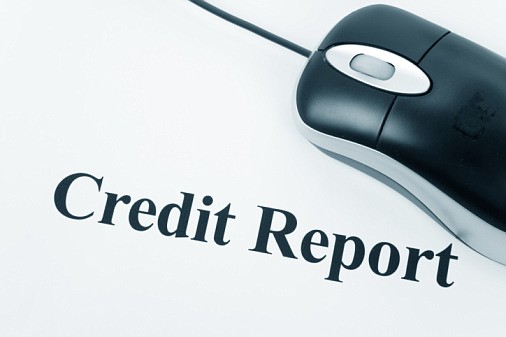How medical debt impacts your credit rating, and what you can do to protect your credit score
January 6, 2012 at 9:31 a.m.
Medical debt can stack up for a variety of reasons, and as we enter our golden years many of us find that our health problems hang around longer than our gold did -- especially if our retirement savings have dwindled during the recent economic downturn. To add insult to injury, you may have had the money to pay those bills all along but simply forgot to pay them. The provider or insurance company may even have assigned the debt to you in error! Unfortunately, the credit bureaus don't care how those black marks got there, and once they've infested your credit report, your financial stability becomes even more fragile.
Unpaid medical bills can damage your credit rating for up to seven years. You may suddenly find yourself unable to take out a home equity loan or purchase a new car. But not all medical debt hurts your credit rating -- only those old, unpaid bills that make their way to a collections agency, and from there to the three major credit reporting bureaus that grade your credit for all the world to see. So you must take action as soon as possible to resolve the issue.
Talk to the provider. Medical providers tend to send unpaid bills to collection agencies instead of trying to collect the payments themselves or reporting delinquencies directly to a credit bureau. But they do this knowing that they will end up handing a big chunk of whatever finally gets collected to the collection agency. If you contact the provider yourself and work out a mutually acceptable repayment plan, the provider gets its money (eventually) and you get to dodge a big bullet to your credit score.
Talk to the collection agency. Let's say you got to the provider too late, and that unpaid medical bill is on its way to a collection agency. Don't despair -- you still have time to flag down the agency and make them an offer they'd rather not refuse. Even if the collection agency contacts you, they may not have forwarded that information yet -- so ask. In most cases, collection agencies are grateful just to get their money, so you may be able to work out a repayment plan in exchange for their silence.
Talk to the credit bureaus. Contact the three major bureaus and request a copy of your credit report. If that unpaid medical bill is still there after your conversation with the collection agency, contact the bureaus directly to dispute it. Include the help ticket, account number and written documentation to support your argument. An innocent processing delay, human error or other easily-fixed glitch may be at fault, in which case you'll be glad you took the initiative and followed through.
Content Provided by Spot55.com





